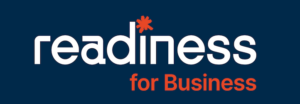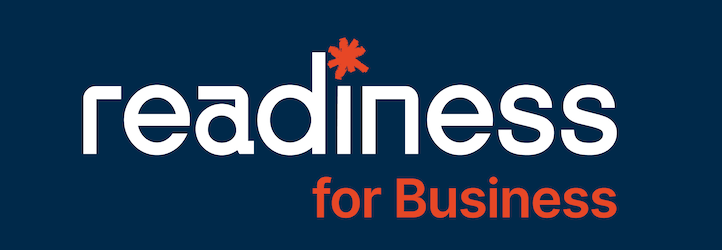By Christi Malthouse
In years to come we will reference this era as “before the Pandemic” and “after the Pandemic.” Whether we like it or not, life as we knew it has changed.
One thing that is abundantly clear, is that what we do with our lives going forward is up to each and every one of us. We have a choice. Positivity or negativity, balance or instability, compassion or indifference, wellbeing or affliction?
And what we choose will affect the people around us, particularly among our family and friends, and within the workplace.
So with this in mind, if business leaders make the mental health and wellbeing of their employees and themselves a daily priority, more so than just a legal obligation, then everyone has the potential to grow and thrive. And so will business.
Why is employee wellbeing important?
R U OK? Day was on September 9, and while the messaging here is so important – check in with people and see how they are doing – commitment to this moral task is now critical.
Lifeline and Kids Helpline are among several mental health organisations who have reported a significant increase in members of the public requiring assistance since the pandemic began.
1 in 5 employees have already reported the need to take time off work in the past 12-months, due to mental health related issues. 1 in 6 Australians are currently experiencing depression or anxiety.
These numbers are frightening.
It has reached a point whereby not investing in a workplace wellness program far exceeds the cost of implementing one.
How do you support the wellbeing of your employees, every day?
You can begin by putting a mental health plan in place, and by reducing the negative stigma attached to mental illness.
By creating a supportive and open culture you are naturally nurturing the wellbeing of your employees.
Implementing an employee wellbeing program, like Readiness, takes that a step further by monitoring, and integrating tools that focus on the three key pillars of wellbeing – mental health, physical health and sleep.
“In my observation, business leaders who are prioritising the mental health and wellbeing of their employees are streaking ahead. The flow-on benefits to their business are numerous. But, perhaps most importantly, they understand that it’s morally the right thing to do,” says Readiness co-founder and CTO, Paul Francis.
The phrase, “it starts at home” is almost redundant with so many of us working from home and changing the dynamics of the environment.
Perhaps it’s now more relevant to say, “it starts at work.” Imagine that as a contribution to a better society. Not to mention the flow-on effects within the workplace of greater productivity, reduced absenteeism and presenteeism, and happy and loyal staff.
What does Readiness provide?
Readiness is a complete scientifically-backed wellbeing platform which monitors and supports the mental health and wellbeing of employees through:
- Quick and easy wellbeing self-assessments
- Personalised tips and educational resources
- Identification of employees who might be in need of professional help and referrals to professional counsellors
- Peer support to employees through an advocacy or ‘buddy’ program
- Insights into identifying wellbeing issues and trends across your organisation or individual departments
- A digital solution which supports employees 24/7, 365 days of the year and can be accessed by employees anywhere
Readiness co-founder and Director, Simon Kearney says: “A workplace wellbeing program which centres around communication and employee feedback can help you stay in tune with how your staff are adapting to the ‘new normal’, what challenges they are experiencing and what solutions are needed to help each person adapt, grow and remain productive.”
Melbourne manufacturing company, Metaltex, implemented the Readiness program for 100 of its employees at the start of 2021. Six months on there has been a 14% improvement in staff wellbeing assessment scores.
“Before we introduced Readiness, I would describe the overall mental health and wellbeing of our staff as fair,” says Sean Pieterson, Metaltex Director.
“Now, I have the confidence – and data to show – that employee wellbeing has improved at Metaltex.”
Kearney adds: “Wellbeing starts at the top and Sean is 100% pro-wellbeing. He and HR Manager, Lana Utatao, have supported the roll-out of Readiness right from the beginning and successfully embedded wellbeing into the culture of the business.”
Importantly, Pieterson says: “We do not forget the importance of people. People are the success both inside and outside of our business.”
People are multifaceted. Tough, vulnerable, resilient, sensitive. But at the core of it all, people – as employees – want to be supported to do their best work.
R U OK? R they OK? It goes hand in hand. How, is up to you.


